筛选:
等级:
来源:
话题:
当天最新动态,24小时持续更新。来自 CNN、BBC、VOA、Inside Science 等官方新闻来源...
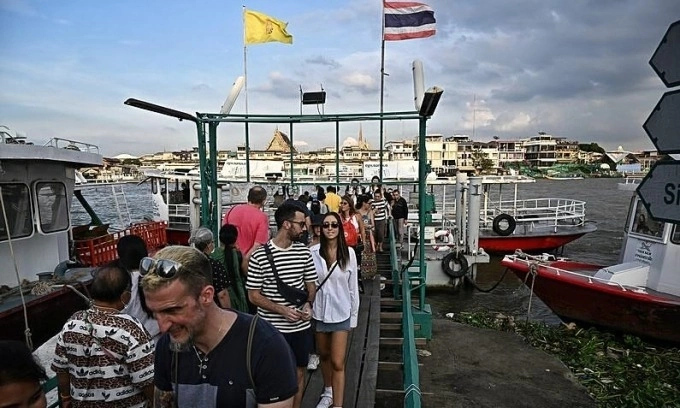 1 分钟
1 分钟 Border tensions prompt tourist cancelations in Thailand
Escalating clashes along the Thai‑Cambodian border are hurting Thailand's tourism, with surging accommodation cancelations in provinces near the fighting. Thailand's Ministry of Tourism and Sports warned travelers to avoid affected areas and instructed local offices to provide timely updates.
In Sa Kaeo Province, tourist arrivals have sharply declined, especially in Aranyaprathet, Ta Phraya, and Khlong Hat districts, which are now nearly deserted. Surin Province has been hit harder, as heavy fighting near Prasat Ta Muen Thom in Phanom Dong Rak district has brought tourism to a standstill.
Local tourism operators fear that if clashes continue for another week, both domestic and international visitors will avoid the region, delivering a serious blow to the industry. Hotels are already preparing for more cancellations.
Thailand and Cambodia exchanged artillery fire for a second day on Friday, marking the worst border fighting in over a decade with at least 16 dead. Australia, Canada, the U.K., and the U.S. have advised citizens to exercise caution when traveling to both countries.
来源: TODAII [ 671] 2025-07-27 19:31:25
671] 2025-07-27 19:31:25
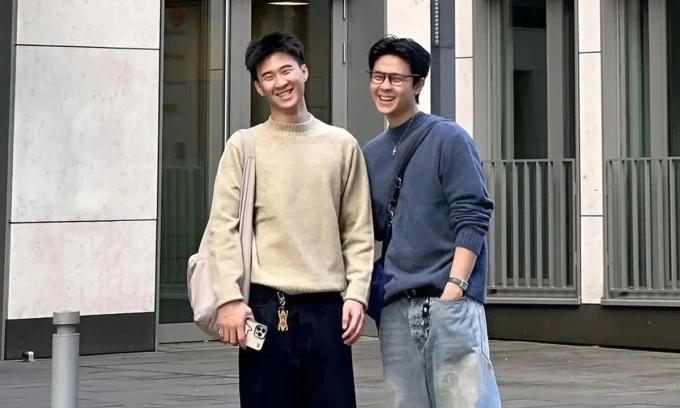 1 分钟
1 分钟 Vietnamese twin brothers killed in traffic accident in Germany by driver allegedly under the influence of laughing gas
Twin brothers Nguyen Duy Quang and Nguyen Quang Minh, both 23 and from Ho Chi Minh City, were killed in a traffic accident in Frankfurt, Germany, on July 6. While riding an electric scooter to a Kendrick Lamar concert with friends, they were struck by a car whose 23‑year‑old driver was reportedly under the influence of nitrous oxide. One brother died at the scene, the other later in hospital. A 27‑year‑old Vietnamese friend was dragged 150 meters and badly injured, while Quang's 24‑year‑old girlfriend escaped unhurt but traumatized.
The brothers had lived in Hamburg for two years, training as dental assistants in Altona. Their clinic described them as polite, idealistic, fluent in German, and determined to support their family back home. The driver fled but later surrendered and now faces charges including manslaughter and attempted murder.
A GoFundMe campaign launched by the clinic has raised nearly US$138,000 to repatriate the brothers' bodies and fund their funeral in Vietnam. “Minh and Quang contributed so much to us,” said clinic owner Dr. Christina Essers. “Now, we want to give back to them, at least in some small way.”
来源: TODAII [ 1067] 2025-07-27 19:31:16
1067] 2025-07-27 19:31:16
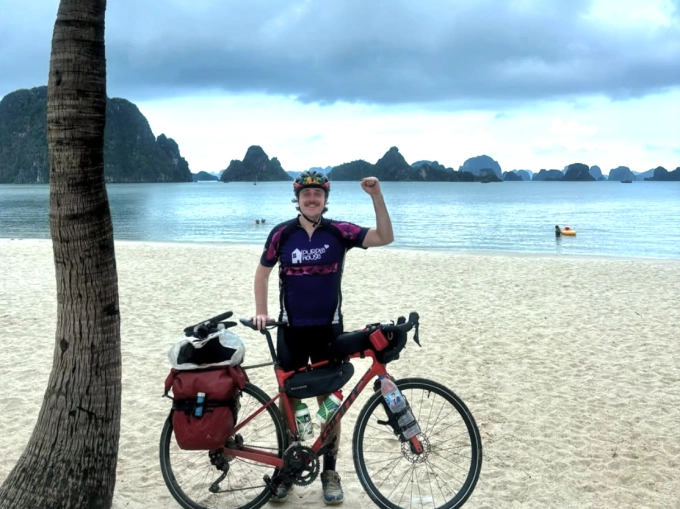 1 分钟
1 分钟 Irish cyclist completes 12,000-km journey to Vietnam in year-long ride for cancer support
Irish cyclist Gavin Quinn, 28, completed a 374‑day, nearly 12,000‑km bike journey across 20 countries, arriving in Vietnam this July in an emotional finale at Ha Long Bay. Inspired by a photo of the UNESCO site, Quinn trained for months and set out in July 2024, cycling through Europe, Turkey, Central Asia, and Southeast Asia. He endured extreme conditions—desert heat, illness, injuries including knee damage and a deep leg gash, and mechanical failures—yet pressed on to raise funds for Ireland's Purple House Cancer Support.
Along the way he camped, stayed with locals, and rode with companions he met on the road. Despite setbacks in Tajikistan and Kyrgyzstan, he persevered, crossing into Vietnam on July 8, falling in love with local dishes like pho and banh mi before flying home. Welcomed back in Dublin by family and friends, Quinn reflected on the journey's meaning, urging others to live for their dreams and loved ones.
来源: TODAII [ 363] 2025-07-27 19:31:09
363] 2025-07-27 19:31:09
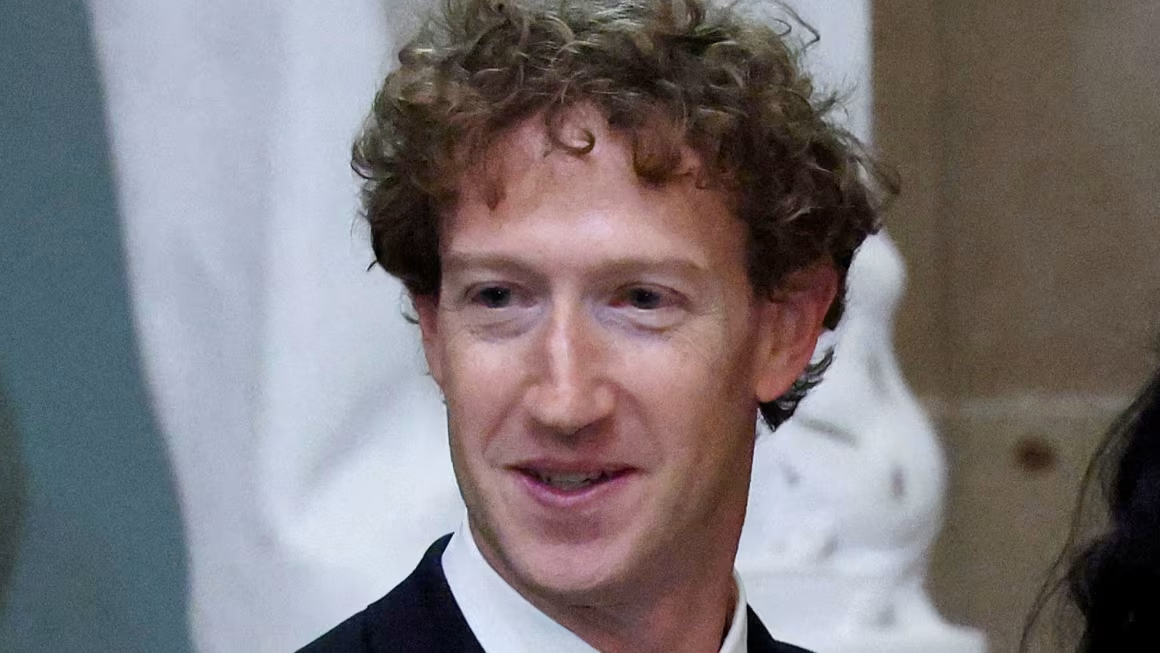 2 分钟
2 分钟 Meta is shelling out big bucks to get ahead in AI. Here's who it's hiring
Meta CEO Mark Zuckerberg is pouring billions into a bold bid to make his company the first to achieve artificial superintelligence—AI surpassing humans in all knowledge work. After a disappointing metaverse pivot, he's betting Meta's future on AI, assembling an elite team with massive pay packages to lure talent from OpenAI, Google, Apple, Anthropic, and more. Recent hires include former Scale AI CEO Alexandr Wang, ex‑GitHub CEO Nat Friedman, and Shengjia Zhao, a ChatGPT co‑creator, now leading Meta's Superintelligence Labs.
Zuckerberg's aggressive recruitment reflects his belief that AI will redefine technology, much like operating systems did in the mobile era—a race Meta lost to Apple and Google. Meta has invested heavily in data centers, chips, and even partnered with AWS to expand use of its Llama AI models. However, analysts note Meta lacks a cloud business to quickly monetize these efforts, and some question how superintelligence aligns with its core advertising revenue.
Despite skepticism and reported delays in releasing its Llama 4 model, Meta's stock is up 20% this year, signaling investor patience. Zuckerberg sees this as a chance to cement a legacy beyond social media—potentially transforming Meta into a foundational force in the AI era, even as critics warn the quest is costly, risky, and far from guaranteed.
来源: CNN [ 374] 2025-07-27 19:30:59
374] 2025-07-27 19:30:59
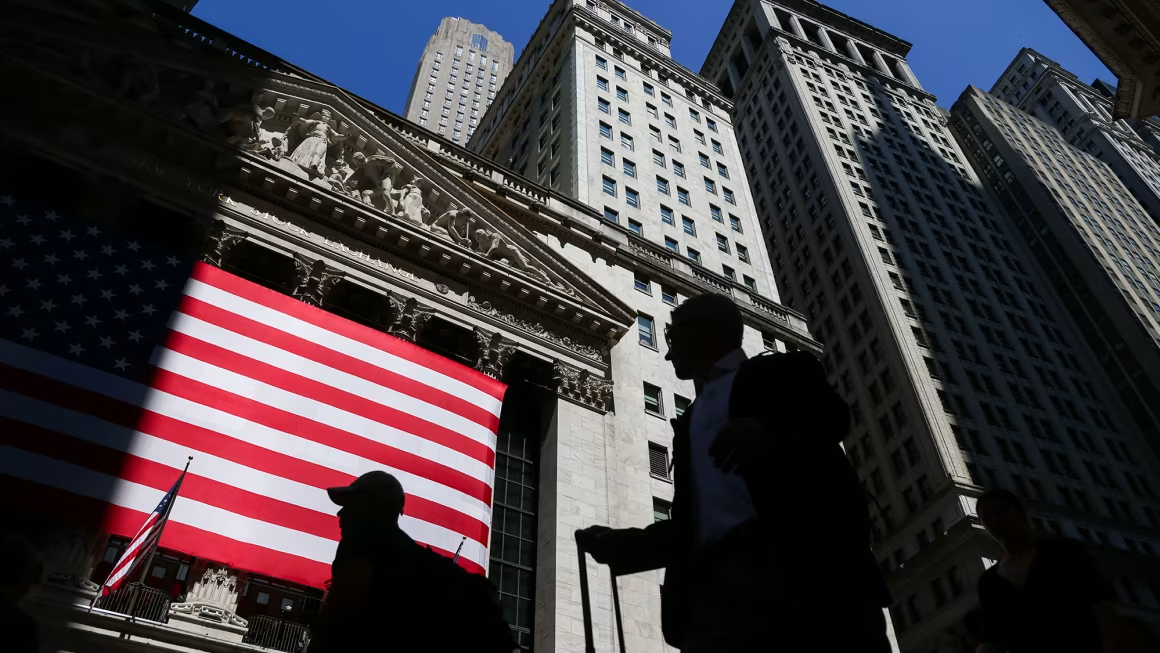 1 分钟
1 分钟 There's a sweet spot for tariffs. Markets could revolt if Trump is way off
U.S. stocks are hovering near record highs as optimism grows over new trade deals and reduced tariff fears. The Dow gained 208 points Friday (0.47%), the S&P 500 rose 0.4% to a fifth straight record close, and the Nasdaq climbed 0.24% to another record.
The Dow sits just shy of its own record, fueled by easing trade tensions after President Trump announced a deal with Japan that imposes a 15% tariff—lower than earlier threats. Markets remain wary, however, as Trump has warned of 30% tariffs on the EU if no deal is reached by August 1.
Analysts say tariffs averaging 15–17% are manageable, but rates above 20% could jolt markets. Recent trade progress with nations like Japan, Indonesia, and the Philippines has steadied sentiment, and corporate earnings have been strong, with 80% of S&P 500 companies beating forecasts.
Yet uncertainty lingers: Trump's past tariff shocks still weigh on investors, and inflation risks from future tariffs could challenge the Fed's rate plans. Despite these concerns, the VIX volatility index is at its lowest since February, signaling calm, but experts warn momentum could slow if tariff rhetoric escalates or negotiations with key partners falter.
来源: CNN [ 198] 2025-07-27 19:30:49
198] 2025-07-27 19:30:49










